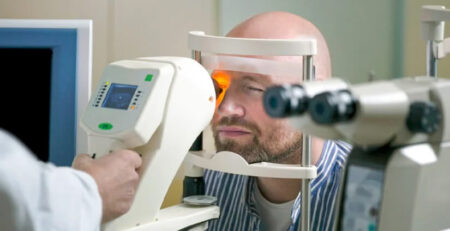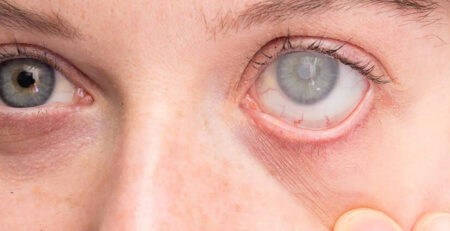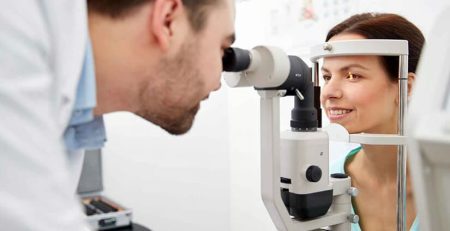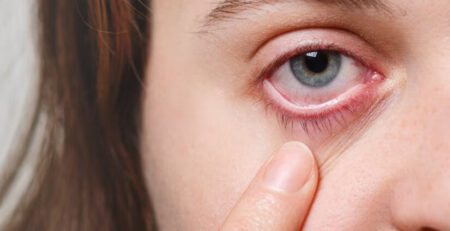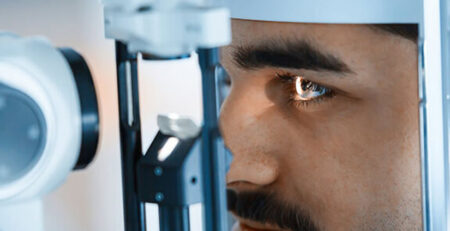Eye Check-Up Schedule for Diabetic Patients
Managing diabetes involves more than monitoring blood sugar levels. It’s equally important to prioritize eye health, as diabetes can significantly impact vision. Regular eye check-ups play a crucial role in the early detection and management of eye conditions, particularly diabetic retinopathy, a common complication among diabetic patients.
Let us explore this comprehensive schedule for eye tests for diabetes patients, tailored to both Type 1 and Type 2 diabetes.
Why Regular Eye Tests Are Crucial?
Diabetic retinopathy is a condition in which high blood sugar levels damage the blood vessels in the retina. This can lead to vision impairment and, in severe cases, blindness. Early detection through regular eye tests for diabetes patients is essential to prevent or manage this condition effectively.
Eye Check-Up Schedule for Type 1 Diabetes
For individuals with Type 1 diabetes, it is generally recommended to have an eye test five years after the initial diagnosis. Following this, annual check-ups are necessary to ensure any changes in the retina are detected early. This schedule assumes that initial findings are normal. However, if diabetic retinopathy is detected, the frequency of check-ups should increase to every 4 to 6 months, depending on the severity and progression of the condition. Regular monitoring helps in timely intervention and better management of diabetic retinopathy.
Eye Check-Up Schedule for Type 2 Diabetes
Type 1 diabetes is diagnosed early, but Type 2 goes undiagnosed for a longer period, which means complications such as diabetic retinopathy may already be present at the time of diagnosis. Therefore, it is recommended that individuals with Type 2 diabetes get an eye test immediately upon diagnosis. Following this, an annual eye check-up is advised to monitor any changes. If the initial eye test reveals signs of diabetic retinopathy, more frequent check-ups every 4 to 6 months will be necessary to monitor and manage the condition closely.
The Role of an Eye Specialist
Seeing an eye specialist in Delhi who understands the intricacies of diabetic retinopathy can make a significant difference in managing eye health for diabetic patients. An eye specialist can provide comprehensive eye tests and tailor the frequency of check-ups based on individual needs and the progression of any eye conditions.
What to Expect During an Eye Test?
An eye test for diabetes patients typically includes thoroughly examining the retina (fundus) using specialized equipment. This examination helps detect any signs of diabetic retinopathy or other eye conditions early. The eye specialist may use dilating drops to get a better view of the retina, which can cause temporary blurriness, so it’s advisable to arrange for someone to drive you home after the appointment.
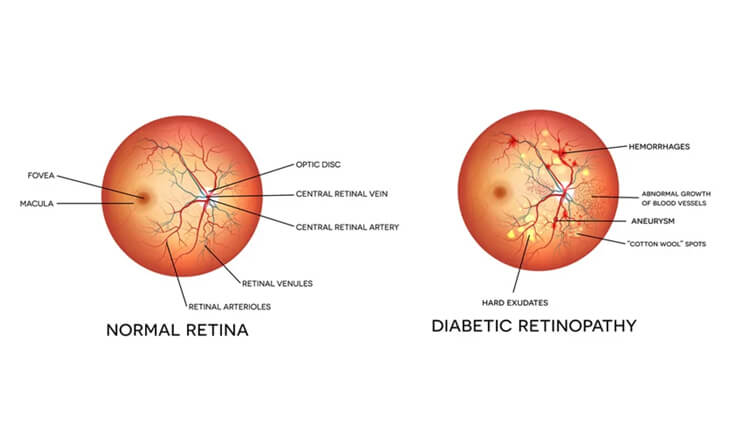
Maintain Your Eye Health with Diabetes
Regular eye tests are an integral part of managing diabetes. For Type 1 diabetes patients, eye tests should begin five years after diagnosis and continue annually if initial findings are normal. For Type 2 diabetes patients, eye tests should start immediately upon diagnosis and continue annually. If diabetic retinopathy is detected in either case, more frequent check-ups every 4 to 6 months are essential.
Taking proactive steps with regular eye check-ups can help in early detection and better management of diabetic retinopathy, ensuring better overall eye health and quality of life for diabetic patients.
Those seeking an experienced eye specialist in Delhi should consider scheduling an appointment with Dr. Anisha Gupta. With extensive expertise in managing diabetic retinopathy and other eye conditions, Dr. Gupta can provide personalized care and ensure your eyes are well cared for. Don’t wait – book your eye test today and take a crucial step towards safeguarding your vision.


